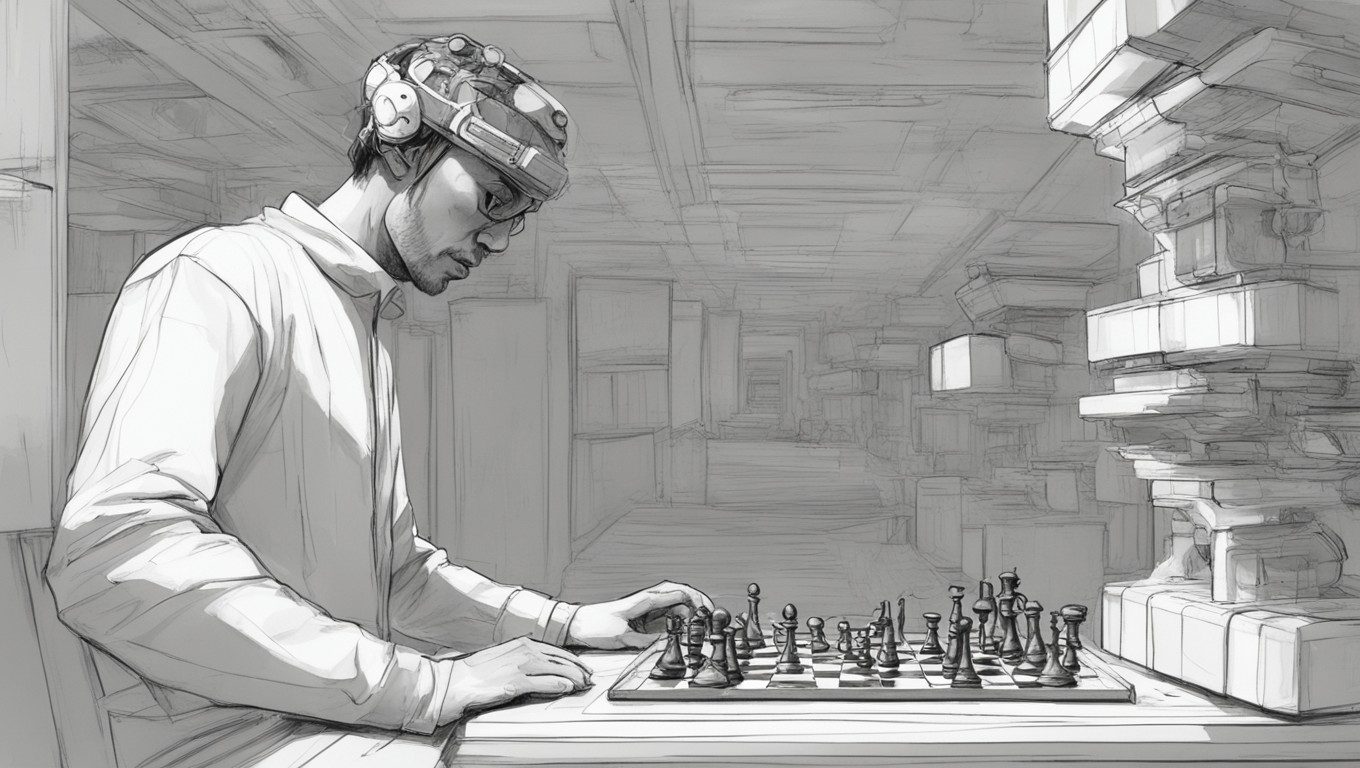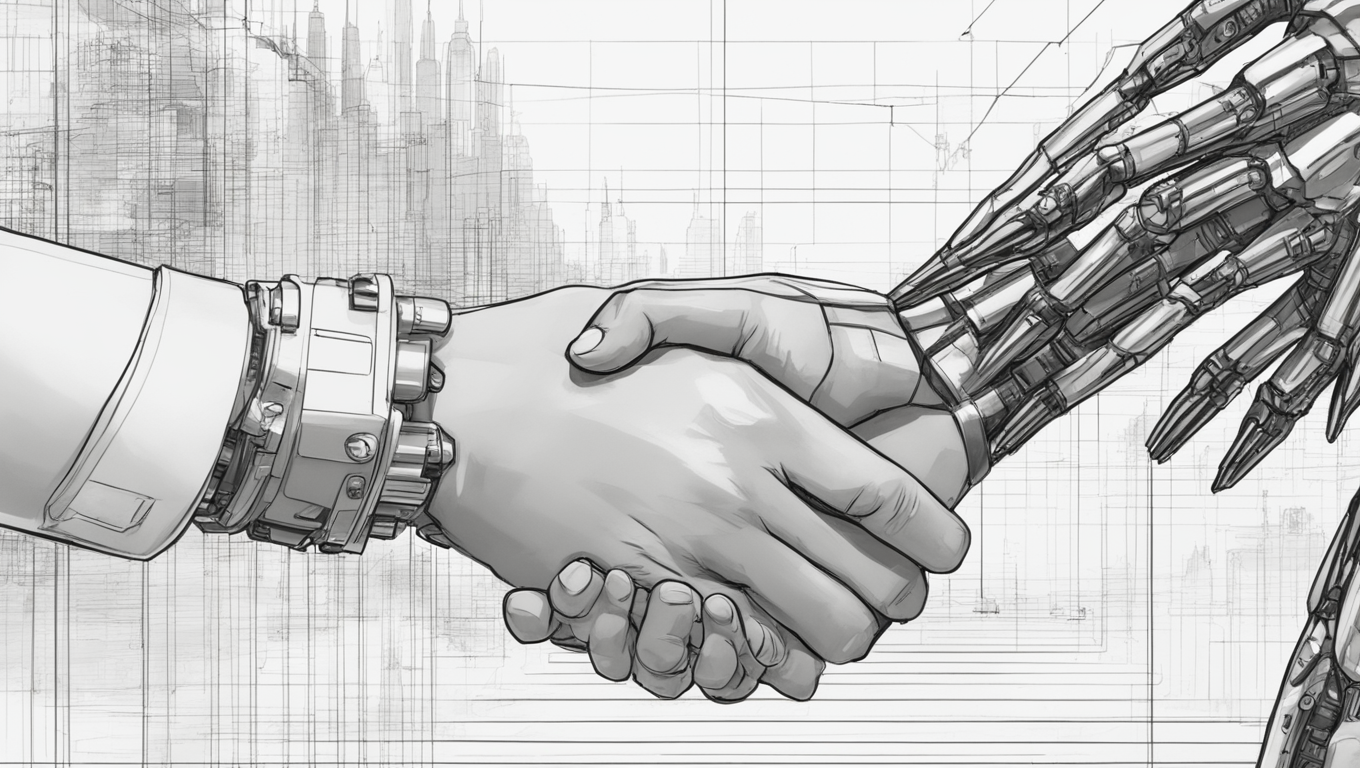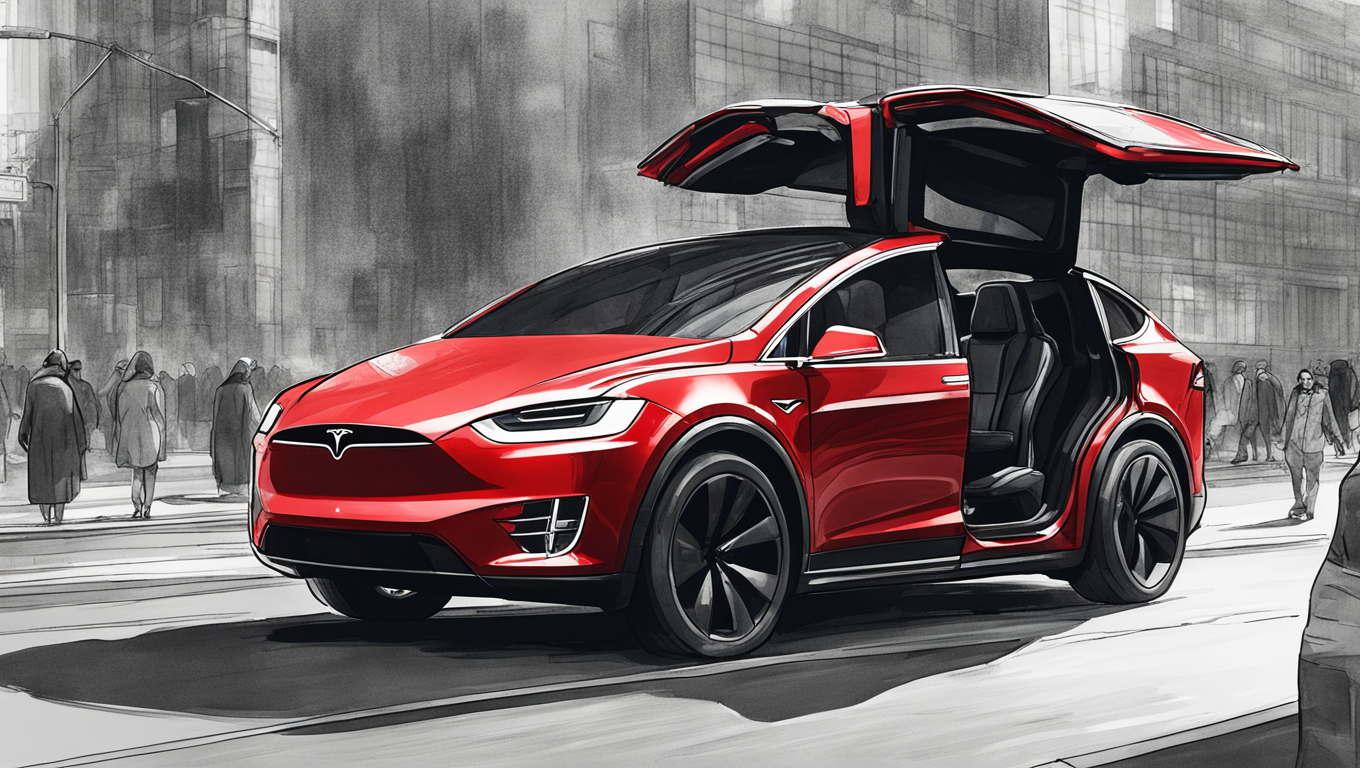In a groundbreaking development in the field of neurotechnology, Neuralink, the company founded by Elon Musk, has showcased their latest achievement: a brain-computer implant that allows a paralyzed man to play chess using only his thoughts. A video released by Neuralink features Noland Arbaugh, the first patient fitted with the implant, effortlessly directing a computer cursor with his mind to make chess moves.
Describing his experience, Arbaugh likened it to using the Force, a reference that resonates with sci-fi fans around the world. “It was like using the force. I love playing chess and this is something y’all have enabled me to do – something I haven’t been able to do the last few years,” he exclaimed. This momentous feat represents a significant step forward in the overarching goal of Neuralink: to empower individuals with debilitating conditions, such as paralysis, to communicate and control external devices through their thoughts.
The brain-computer implant works by interpreting neural activity, enabling individuals to operate computers and smartphones simply by thinking. The device, which received approval from the Food and Drug Administration for human trials in May, marks a remarkable achievement in the merging of technology and the human brain.
While this recent breakthrough is cause for celebration, Arbaugh emphasizes that there is still work to be done. As a quadriplegic, he understands firsthand the challenges faced by those with paralysis. Arbaugh acknowledges that the technology is not flawless and mentions that they have encountered some issues along the way. However, he remains optimistic about the future impact of brain-computer interfaces: “I don’t want people to think that this is the end of the journey, there’s still a lot of work to be done, but it has already changed my life.”
Neurotechnology has been making significant strides in recent years. In 2023, Swiss researchers successfully combined artificial intelligence with brain and spine implants to enable a paralyzed man to walk again after a devastating motorcycle accident. In a separate case, a woman regained her ability to have conversations with her husband using a mind-controlled avatar after losing her voice to paralysis.
These advancements in the field of neurotechnology hold immense promise for the future. They present an opportunity to transform the lives of individuals living with disabilities, giving them newfound independence and control. Elon Musk’s Neuralink, alongside other pioneering companies and researchers, are at the forefront of this revolution, pushing the boundaries of what is possible in the realm of human-computer interactions.
As we witness these transformative breakthroughs, it is evident that humanity is venturing into uncharted territory. The fusion of technology and our own minds opens up unimaginable possibilities for human development and enhancement. With each stride forward, we draw closer to a future in which the boundaries between man and machine are blurred, where the power of our thoughts can shape the world around us.





Use the share button below if you liked it.